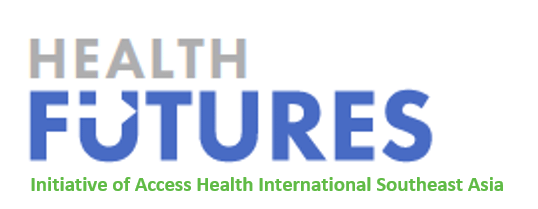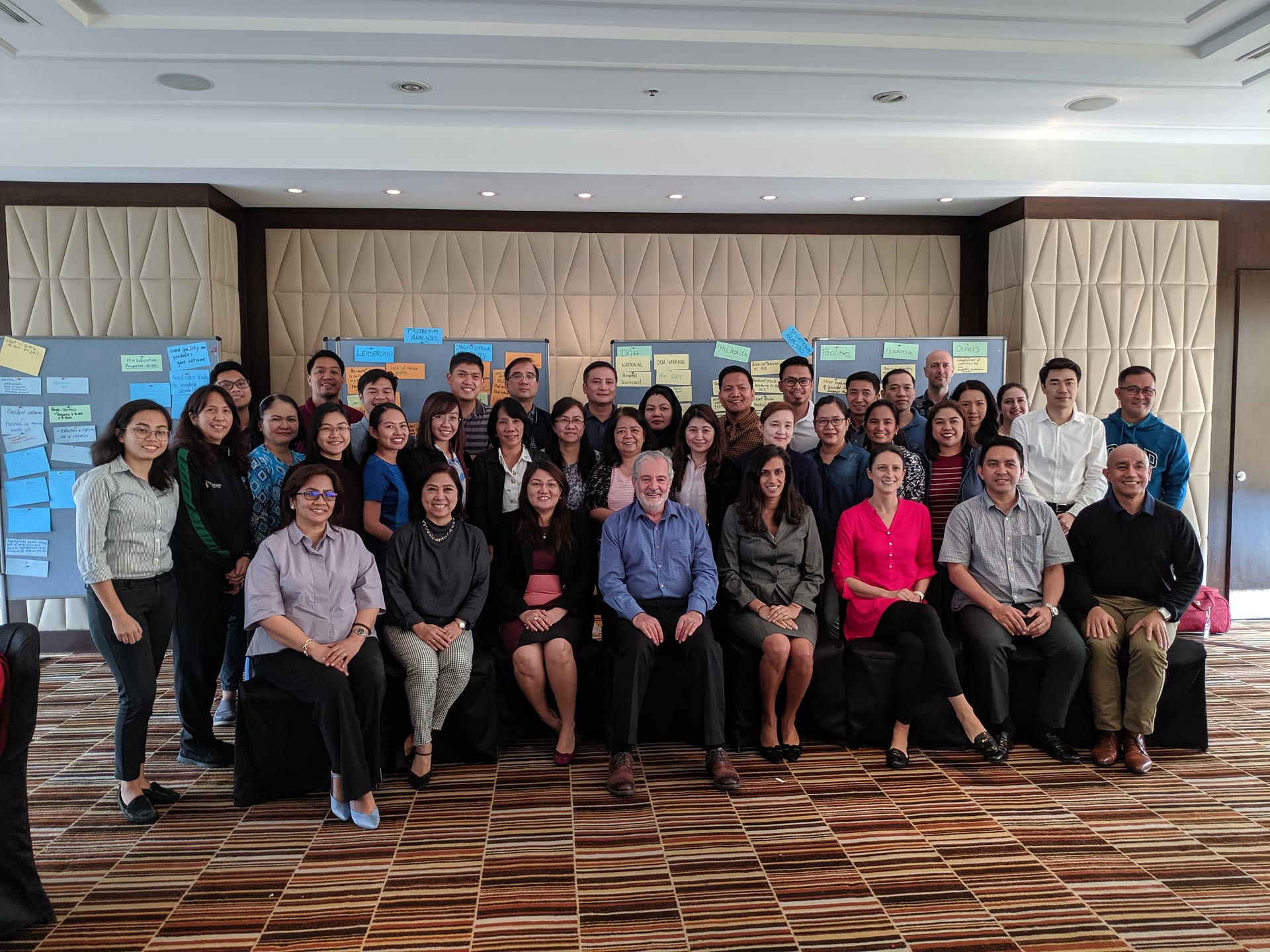With the signing of the Universal Health Care Bill into law last spring, the Philippines government committed to guaranteeing equitable access to quality and affordable healthcare services for all Filipinos. With a population of almost 105 million people spread out over 1,488 municipalities, a large part of fulfilling this promise is assuring the quality of these healthcare services. The first week of December, ACCESS Health participated in an intensive 4-day workshop in Manila on improving the quality of health services. Attendees vital to health systems strengthening in the Philippines and throughout Asia were present: PhilHealth, Philippines Department of Health, clinicians from public hospitals, and public health researchers and advisors. Hosted by Asian Development Bank and run by Harvard School of Public Health Global Health Group’s Pedro Saturno, the workshop challenged participants to evaluate their own systems and determine whether or not they were identifying, evaluating, monitoring, and fixing quality issues.
Key takeaways from the workshop:
- Poor quality healthcare services is inefficient because it is costly in the long-run. Much of the current cost of goods and services is due to the cost of failure. If you invest in a quality management system, the cost of goods and services will come down
- Improving quality includes identifying the quality problem, monitoring the list of indicators within that flawed system, and designing systems to FIX those problems. It is useless and wasteful to monitor these indicators without creating a solution to improve outcomes
- The six domains for quality interventions are leadership, information, patient and population engagement, regulation and standards, organizational capacity, and models of care. Each domain must be addressed when designing quality management systems
Participants also learned about workable strategies and specific tools for evaluating quality issues in their health systems and then designing effective quality management programs that can be integrated into their systems. Dr. Saturno asked each participant to identify key quality indicators and, using these strategies and tools, design their own quality management systems to address these issues. Finally, Dr. Saturno emphasized the importance of patient-centered care in providing quality healthcare services. ACCESS Health is committed to helping governments and health systems in Asia identify and address their own quality issues and assist them in developing and integrating effective, sustainable quality management programs into their health systems.






